Maintaining good oral health is crucial for overall well-being, and our teeth play a vital role in this aspect of our lives. However, despite our best efforts, sometimes dental issues arise, necessitating advanced treatments like dental implants.
In this blog post, we discuss 10 warning signs that may indicate the need for dental implants. Our experienced and trusted dental team believes that understanding these signs can help patients make informed decisions about their oral health and seek timely intervention when necessary.
If you have questions or would like to schedule an initial consultation with our team, call us today for an appointment.
1. Persistent Toothache
One of the most common warning signs that you may need dental implants is a persistent toothache. If you experience continuous or recurring pain in a tooth, it could be indicative of underlying dental problems such as decay, infection, or damage. When traditional treatments like fillings or root canals are not effective, dental implants may be recommended to replace the damaged tooth.
2. Loose or Shifting Teeth
Adults should never experience loose or shifting teeth. Healthy teeth are firmly anchored in the jaw. If you notice your teeth becoming loose or shifting position, it could be a sign of advanced gum disease or bone loss. Dental implants can provide stability by replacing the root of the tooth and preventing further movement.
3. Gum Recession
Receding gums expose the roots of your teeth and can be a warning sign of various dental issues. When the supporting bone structure erodes, teeth can become loose and may eventually be lost. Dental implants, which integrate with the jawbone, can help address the issue by providing stability and preventing further recession.
4. Chronic Bad Breath
While bad breath can be caused by various factors, chronic halitosis may be linked to dental problems, such as untreated cavities or gum disease. Dental implants can eliminate the source of infection, helping to improve oral hygiene and freshen your breath.
5. Difficulty Chewing or Speaking
Problems with chewing or speaking can indicate issues with your teeth or their alignment. If missing or damaged teeth are affecting your ability to chew food properly or articulate clearly, dental implants can restore functionality and improve your overall quality of life.
6. Visible Changes in Jaw Structure
Significant changes in the jawbone structure, such as a sunken appearance, can occur when teeth are missing. This happens because the jawbone requires stimulation from the roots of teeth to maintain its density. Dental implants mimic this stimulation, preventing bone loss and preserving the natural contours of your face.
7. Frequent Headaches or Jaw Pain
Unexplained headaches or jaw pain could be related to dental issues, such as temporomandibular joint (TMJ) disorders. Dental implants can help distribute the forces of biting and chewing more evenly, potentially alleviating these symptoms.
8. Difficulty in Eating a Balanced Diet
Missing teeth can make it challenging to eat a balanced diet that includes a variety of foods. If you find yourself avoiding certain foods due to difficulty chewing, it's essential to address the issue promptly. Dental implants can restore your ability to eat a diverse range of foods and maintain proper nutrition.
9. Unsatisfactory Denture Experience
If you currently wear dentures and find them uncomfortable, ill-fitting, or inconvenient, dental implants may be a more secure and comfortable alternative. Implants provide stability, preventing the slipping and irritation commonly associated with traditional dentures.
10. Previous Tooth Loss
If you have lost one or more teeth in the past, it's crucial to monitor your oral health closely. The loss of a tooth can lead to a cascade of issues, including bone loss and changes in the alignment of surrounding teeth. Dental implants offer a durable and long-lasting solution to replace missing teeth and maintain oral health.
Schedule Your Initial Consultation Today
Recognizing the warning signs that may indicate the need for dental implants is a crucial step toward maintaining optimal oral health. If you experience any of these signs, it's essential to consult with our dental team promptly. Dental implants not only address cosmetic concerns but also contribute to overall well-being by restoring functionality and preventing further oral health complications.
Remember, early intervention can make a significant difference in the success of dental implant treatments, so don't hesitate to give us a call if you have concerns about your oral health.


